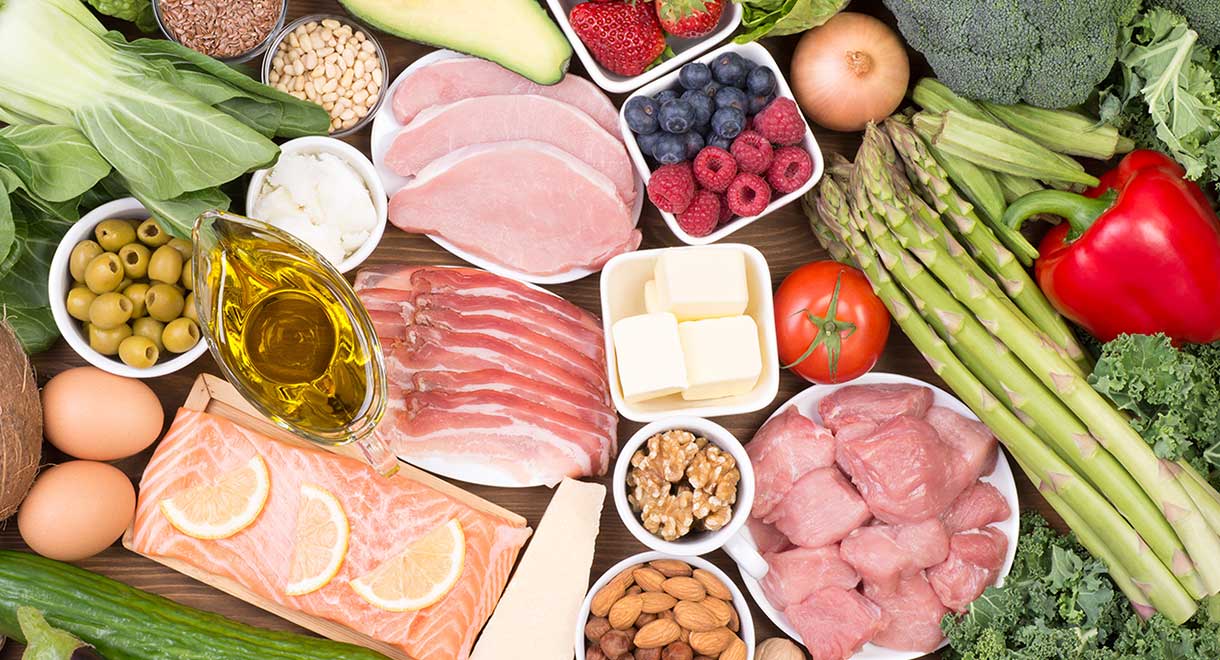How to lose weight with polycystic ovarian syndrome
By naturopath Margaret Jasinska
Polycystic ovarian syndrome (PCOS) is one of the most common hormonal disorders in women. It can cause unpleasant symptoms, disrupt the menstrual cycle and cause infertility. It typically also makes weight loss incredibly difficult. In most cases, women with PCOS can be eating well and exercising often, yet their weight doesn’t shift. This is understandably very frustrating and disheartening.
In order to lose weight, it’s important to understand the underlying driver of PCOS. Insulin resistance and nutrient deficiencies are the usual culprits. Over secretion of insulin disrupts normal ovarian function, leading to hormonal imbalance. Correcting the insulin problem helps to restore normal sex hormone levels.


Insulin resistance
Being insulin resistant means the insulin your pancreas secretes isn’t as effective as it should be. Insulin is supposed to enable your body to burn calories up for energy. Instead, insulin resistant people turn the calories into body fat. The excess insulin that’s produced also inhibits the fat burning enzymes in your body from working properly. Insulin instructs your kidneys to retain sodium and water, therefore you can get bloated and puffy.
Correcting insulin resistance and losing weight is possible with a low carbohydrate diet. Insulin resistant people cannot handle common levels of carbohydrate in their diet. They over secrete insulin in response to eating carbs and they are less likely to feel satisfied after a meal, therefore tend to over eat or want to graze all day. Carbohydrate needs to be restricted in the diet. It is best to get your carbohydrate from vegetables, along with small amounts of fruit, nuts and seeds. Some women with PCOS will even need to avoid fruit for a period of time. Fruit is a healthy food for most people, but very insulin resistant people who are not able to lose weight should go without fruit for a while; until they have lost some weight. There are no nutrients present in fruit that can’t be obtained from vegetables. There is an easy to follow low carbohydrate eating plan in the book “I can’t lose weight and I don’t know why” and “Diabetes Type 2 – you can reverse it” book.
Protein is the most important nutrient for those wanting to lose weight and reduce their blood insulin level. It is critical to eat protein at every meal because it is extremely satiating. It will help to make you feel full and satisfied after a meal, and keep you feeling satisfied for longer. This way sticking to a healthy diet won’t be so much of a struggle. Examples of protein rich foods include eggs, seafood, poultry and red meat. Dairy products, nuts and seeds contain smaller levels of protein. Protein powders can be extremely helpful for those wanting to lose weight because they provide a quick, tasty and easy meal option for busy days.
Women with PCOS need a higher amount of healthy fats in their diet. Fat is beneficial because it is very satiating. It will help to keep you full for longer, making it easier to avoid sugary snacks. Fat is also the only nutrient that doesn’t raise insulin levels, and elevated insulin is the driver of PCOS. Examples of healthy fats include avocados, olive oil, coconut oil, grass fed butter, nuts and seeds and fat from grass fed animals such as lard, duck fat and suet.
Over the years, we have found that a lot of women with PCOS have suboptimal levels of vitamin D, iodine and iron. Checking these levels and correcting a deficiency is important and usually helps to restore regular ovulation. Bio-identical progesterone cream is also brilliant for correcting the hormonal imbalance of PCOS. It requires a doctor’s prescription.









Leave A Comment